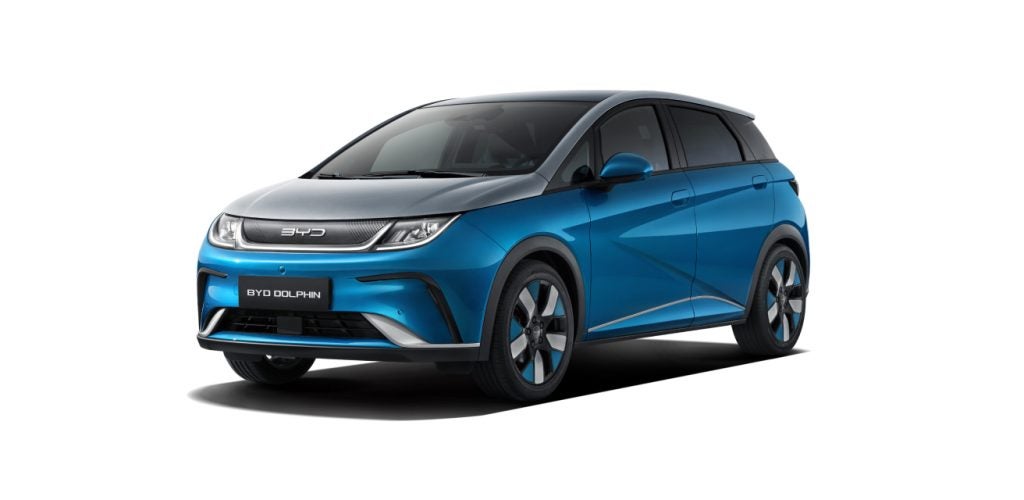Sales of imported light passenger vehicles in South Korea dropped by almost 14% to 23,524 units in December 2024 compared with 27,223 units a year earlier, according to registration data released by the Korea Automobile Importers & Distributors Association (Kaida).
Overall demand for new vehicles in the country remains weak, amid sluggish domestic economic growth and high consumer debt. Competition has also increased significantly, particularly in the second half of last year, as local automakers stepped up new product launches – including electric and hybrid models.
Over the full year, import sales declined by 3% to 263,288 units from 271,034 in 2023, with German-owned brands accounting for just over 66% of the total. By fuel type, hybrid vehicle sales amounted to 134,426 units last year; followed by petrol-powered vehicles with 62,671 units; battery electric vehicles (BEVs) 49,496 units; plug-in hybrids for 9,174 units, and diesel vehicles for 7,521 units.
BMW reported a 5% sales decline to 73,754 units last year, despite the recent launch of its new 5-series model, while sales by its Mini subsidiary plunged by 20% to 7,648 units. The German automaker said it had completed the installation of 2,125 EV chargers across the country last month to help meet growing demand.
Mercedes-Benz saw its sales fall by over 13% to 66,400 units in 2024, despite the launch of the new E-series sedan. Volkswagen’s sales declined by 19% to 8,273 units, while Porsche’s dropped by 27% to 8,284 units and Audi’s plunged by 48% to 9,304 units.
Kaida reported 29,750 Tesla sales last year compared with none in 2023, while Volvo’s sales fell by 12% to 15,051 units. Toyota enjoyed a 14% sales increase to 9,714 units, while its Lexus unit saw its sales rise by a further 3% to 13,969 units after it made strong gains in the previous year. BYD plans to hold an event in Seoul later this week to launch the car brand and introduce its first model in the country, the Atto 3 EV.









